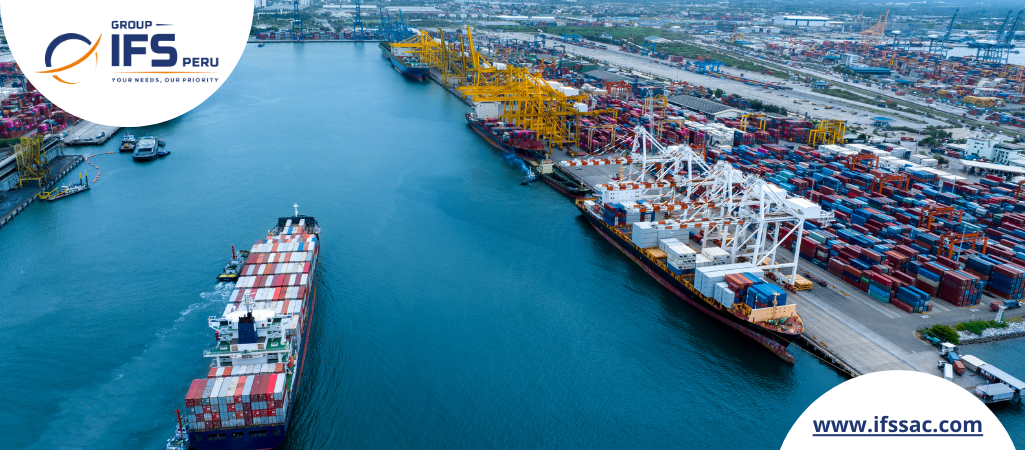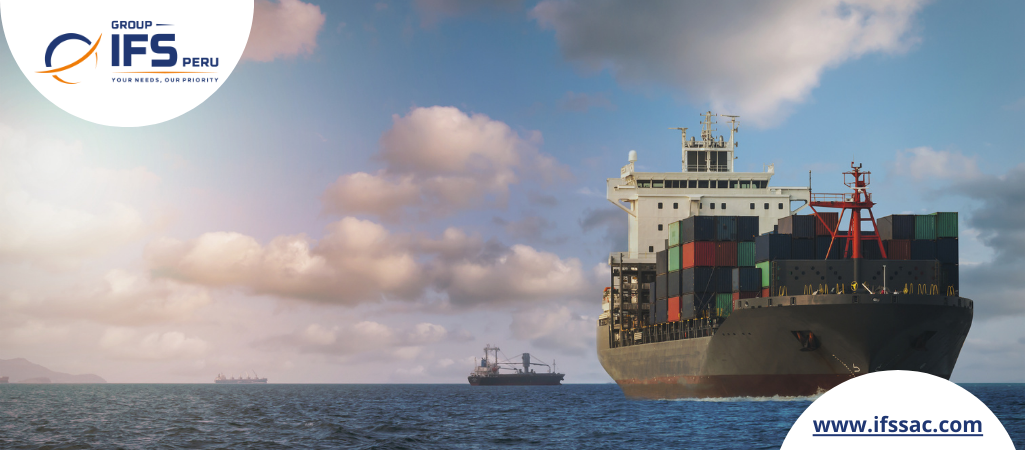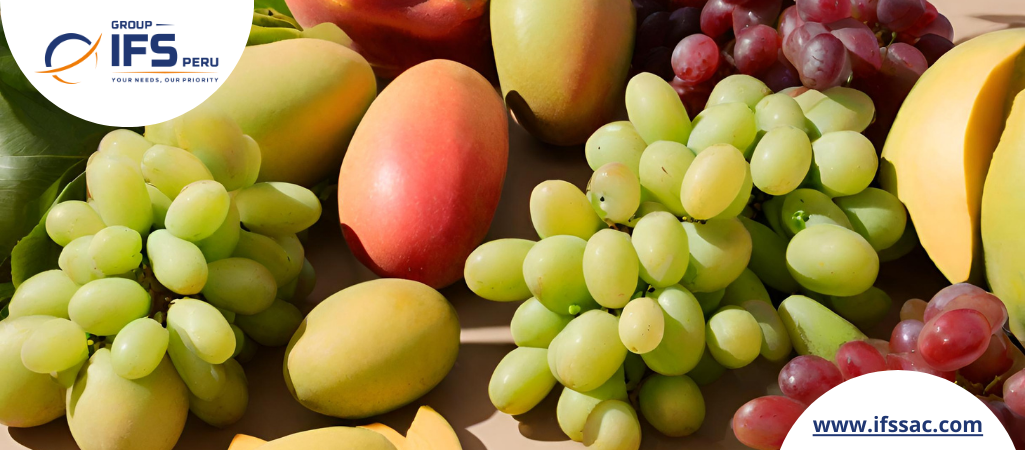In the field of maritime freight transportation, it is common to come across the terms “LCL” and “FCL,” which refer to two different types of shipments. Understanding the differences between LCL (Less than Container Load) and FCL (Full Container Load) is essential for making informed decisions in logistics and international trade. In this article, we will analyze in detail the characteristics of each type of shipment and their implications in terms of costs, time, and security.
LCL (Less than Container Load):
LCL refers to shipments that do not fill a complete container, therefore, are consolidated with other goods to maximize container capacity. Key features of LCL shipments include:
- Cargo volume: The quantity of goods varies, and it is measured in cubic meters or weight.
- Consolidation: Different LCL shipments are grouped together in a single container to optimize space and costs.
- Flexibility: It is possible to send cargoes from different suppliers and destinations in the same container.
- Costs: Expenses are calculated based on the volume or weight of the goods, as well as consolidation and deconsolidation services.
- Transit time: Delivery time may be longer due to the need to coordinate and consolidate different shipments.
FCL (Full Container Load):
FCL involves shipping goods that fill a complete container. Here are the key characteristics of the FCL shipments:
- Full capacity: The goods occupy all the available space in the container.
- Exclusivity: The container is reserved for a single exporter/importer and their products.
- Costs: Expenses are based on the size of the container and are charged per unit, regardless of the quantity of goods inside.
- Limited flexibility: It is not possible to combine shipments from different suppliers or destinations in a single container.
- Transit time: Generally, the delivery time can be faster compared to LCL shipments, as there is no need to coordinate and consolidate multiple shipments.

In conclusion, the decision between LCL and FCL shipments depends on various factors, such as cargo volume, required flexibility, costs, and delivery time. LCL offers an economical and flexible solution for smaller shipments, allowing cargo consolidation and cost reduction. On the other hand, FCL provides exclusivity and faster delivery, making it ideal for larger shipments and when absolute control over the cargo is required.
By understanding the differences between these two types of shipments, professionals in logistics and international trade can select the most suitable option to meet the specific needs of their operations, optimizing resources and ensuring efficient and secure transportation of goods.
If you are searching for an International Logistics Operator, Group IFS can support you with your next shipment.





